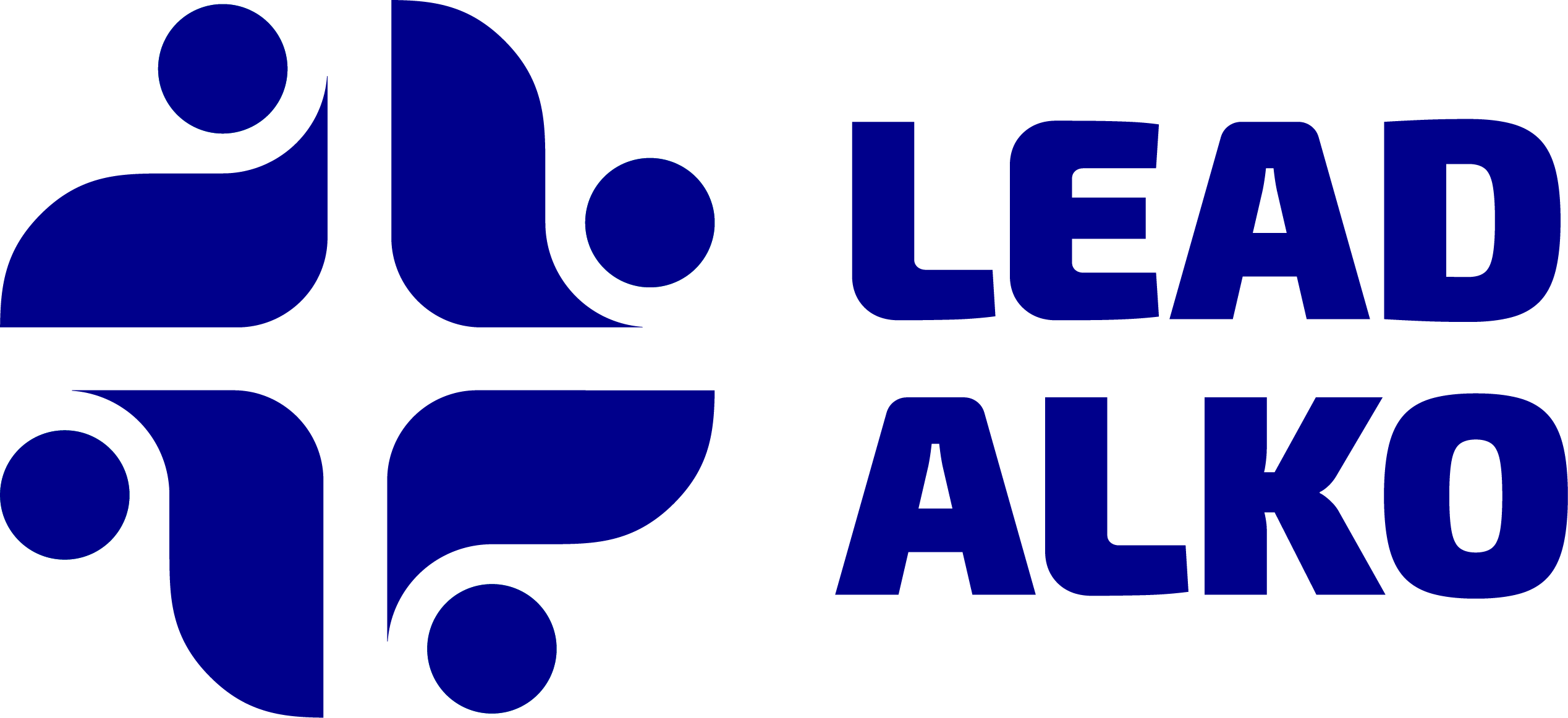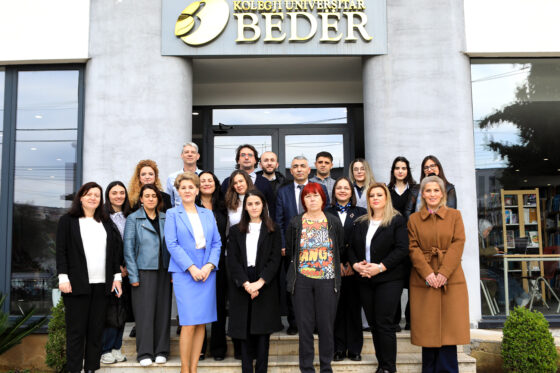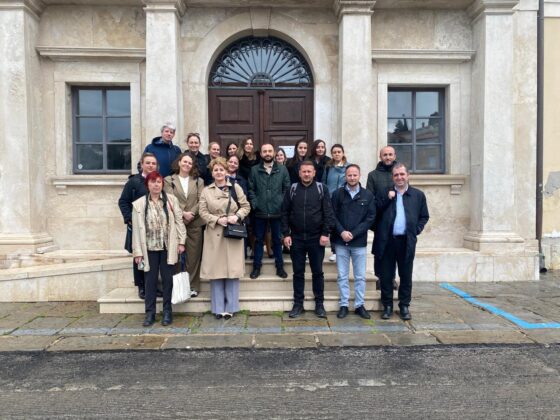Work Packages
Leadalko project
The workplan promotes a collaborative approach to project delivery, ensuring that Albanian partners who are less familiar with and new to Erasmus+ projects are supported by more experienced partners, particularly for WP1 (Project Preparation, Management, and Quality Assurance) and WP2 (Setting up the Leadership and Development Programme).
WP 1: Project Preparation, Management and Quality Assurance (led by P1 BEDER and P6 ISSBS)
Project preparation will take place at the outset and will include a launch meeting in Albania and Kosovo. During this meeting, partners will confirm the management processes, define responsibilities for the work packages, and fine-tune the work plan.
Project management will be ongoing throughout the development, implementation, and review of the programme, with P1 (BEDER) managing the project, supported by P6 (ISSBS) as detailed in Section 2. Throughout the project, ISSBS will actively monitor the quality of the project and its progress, as outlined in Section 2.1.2. Regular meetings will be held during project implementation to ensure the smooth delivery of all actions.
WP 2 – Setting up the Leadership Development Programme (led by P7 PEGASO)
Building on the training needs analysis (TNA) of leaders in Albanian and Kosovan higher education institutions, the development phase will begin by identifying how best practices from EU partner institutions can be adapted to ensure the creation and delivery of a high-quality leadership development programme in Albania and Kosovo. Two staff members from each Albanian and Kosovan partner university, who have been identified as responsible for leading the delivery of the leadership development programme, will visit EU partner institutions for one week. They will be joined by two staff members from each of the EU partner institutions.
During each visit, participants will observe and engage with the EU institutions’ approaches to leadership and management development, taking part in elements of existing programmes. Particular focus will be placed on how each partner institution engages with networks, including how these networks are managed for maximum impact. These visits will inform the development of the leadership development programme, with two days of each visit dedicated to programme design.
The results of the TNA and the EU visits will be consolidated into a research findings report. Concurrently, PEGASO will lead the partners in collaboratively developing:
Two days of staff training workshops to support university staff involved in the delivery of the new leadership development programme;
The constitution and structures needed to sustain the new leadership development programme;
Materials and content for the new leadership development programme.
This work will be carried out during the design time allocated during the EU partner institution visits, followed by a period dedicated to finalizing the writing of materials and documents. Programme materials and pedagogy will be evaluated and revised based on feedback from the pilot activities (WP3) during a 1.5-day virtual workshop, held in preparation for dissemination.
The staff training workshops will focus on building staff competences in:
Using the framework for higher education leadership and management qualities and skills, along with its associated measurement tools;
Approaches to action learning, including the “immunity to change” methodology;
Developing leadership competence through the change projects that form a central part of the programme and its pedagogy.
The workshops will also ensure that participants become thoroughly familiar with the programme content.
To support the delivery of the leadership development programme, each Albanian and Kosovan university will develop a physical Leadership Development Hub. These hubs will be specifically designed to support the programme’s pedagogy through distance collaboration, ensuring that participants from across Albania and Kosovo have equal opportunities to engage in programme activities. The requirements for equipment and related insurance at each university have been assessed and will be reconfirmed prior to tendering and procurement.
WP 3 – Piloting the New Leadership Development Programme (Led by P5 UIBM and P2 WBU)
The train-the-trainer workshops will involve three staff members from each of the five Albanian and Kosovan partner universities. These workshops will be delivered in English, in collaboration with the EU partners.
The leadership development programme will be piloted with one cohort of 15 leaders selected from the five Albanian and Kosovan partner universities, along with five additional leaders from other associated partner institutions. The pilot will be delivered in English by staff who participated in the train-the-trainer workshops. These trainers will be expected to lead the programme, with support and evaluation provided by the EU partners.
The evaluation of the pilot will inform the redevelopment of the leadership development programme’s structure and materials.
WP 4 – Dissemination and Exploitation (led by P2 EPOKA and P4 CB).
P2 (EPOKA) and P4 (CB) will lead the dissemination and exploitation activities. The dissemination activities will include promotional and training activities throughout the project, as outlined in Section 3.2. They will also lead the development and delivery of the Leadership Development Symposium, which will take place in the penultimate month of the project. This will include ensuring that arrangements for its promotion and the necessary operational management for its successful delivery are in place.
Latest Publication
The news about recent activities for needed peoples.
95 FF3, App Street Avenue
NSW 96209, Canada
Mon – Fri: 8:00 am – 6:00 pm
Useful Links
City News & Updates
The latest Egovt news, articles, and resources, sent straight to your inbox every month.


